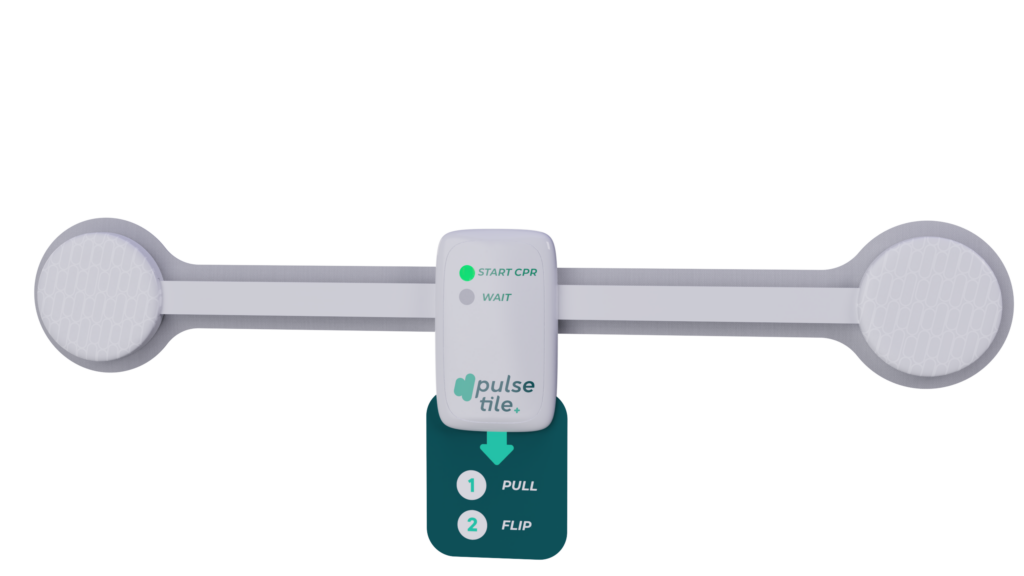When Elleesha King tells people about her new medtech startup, many come back to her asking: “Hasn’t something like this already been invented?”
If anything, it highlights that her startup, Pulsatile Innovations, is “an obvious solution to a common problem” – that problem being the difficulties health professionals face in manually finding a pulse when treating patients.
King knows how common that problem is. In fact, she discovered the problem almost immediately when she was a graduate paramedic at 23 years old.
“I was noticing how difficult it was to manually find a pulse, and that led to some anxieties for myself, and also my colleagues,” King told Women’s Agenda. “And then I went on the Internet and noticed that it was a common problem for other healthcare professionals.
“There are studies that show it takes even the most highly trained professionals up to 24 seconds to find a pulse, and yet all of our guidelines ask us to check for a pulse in less than 10 seconds, and then make a decision whether someone needs CPR or not.”
King has been a paramedic and a registered nurse for more than a decade. Consistently hearing stories from her colleagues about the challenges in finding a pulse in patients, she decided to do something about it.

“I thought: what if there was just a really simple device that we could stick to someone’s neck and it would tell us whether or not there’s a pulse?” King said.
Suddenly, the idea for the Pulse Tile was born, and in June this year, King received the first prototype for the medtech device, which has the ability to detect a pulse, and tell healthcare professionals whether the patient requires CPR or not.
The device could save crucial seconds for paramedics, reducing delays in CPR and defibrillation. On top of that, the Pulse Tile could reduce the mental load of healthcare professionals, so they can get on with other interventions for the patient.
“We’re taught that when in doubt, perform CPR, which we’ll absolutely stand by,” King said, “but with this device removing the doubt, it also means we won’t be performing unnecessary CPR, and the person will actually be getting the treatment they need.”
In order to afford a clinical trial for the device, King’s medtech startup, Pulsatile Innovations, will have its first funding round in January next year.

Meanwhile, King is one of seven startup founders in Swinburne University’s Initiative and Elevate Program for 2024, a competitive program supporting technology entrepreneurs in Australia. The program offers founders a chance to collaborate with and gain insights from academics, industry experts and established founders.
There are just two women, including King, in the program this year.
King, who is also the mother of an 18-month-old, has become aware of the gender divide in the entrepreneurial space in Australia, and hopes she can blaze a trail for other women to follow.
“I am appreciative of the wider recognition that opportunities for women in the startup space need to increase, however there is a long journey ahead,” King said.
“Many barriers for women and mothers are ongoing, meaning that there is simply not the access to opportunities that others have.
“I truly hope I can be part of driving change for women in this space, now and in the future.”


